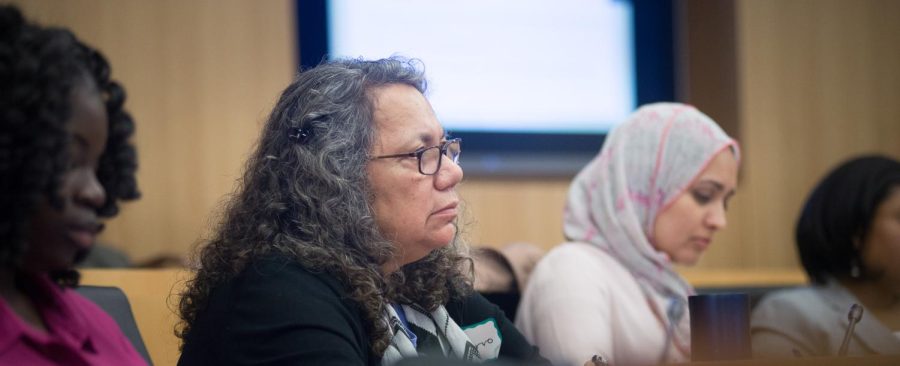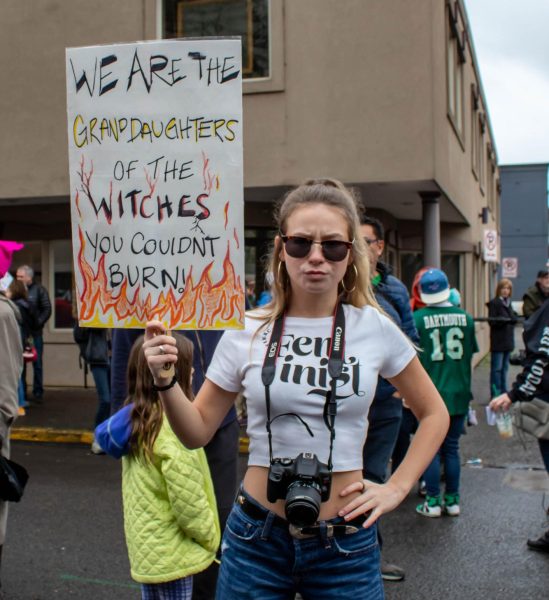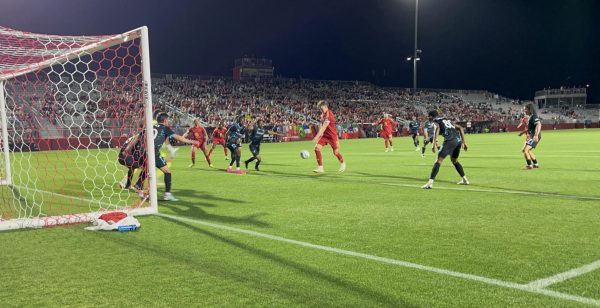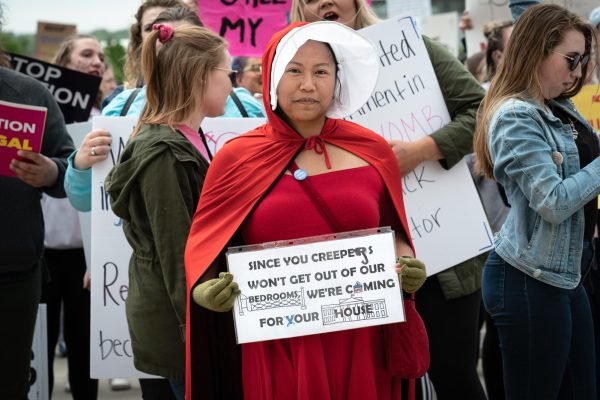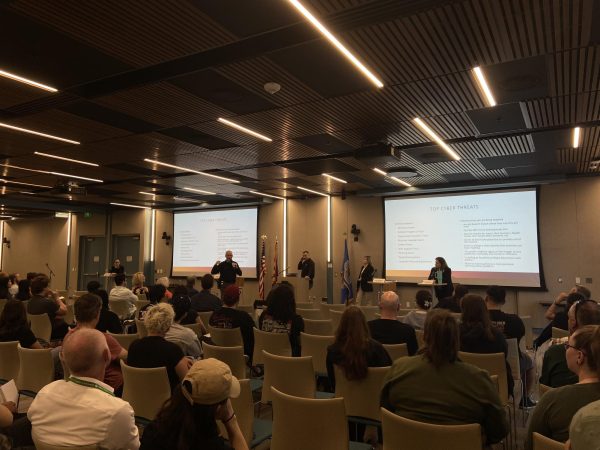Multiple reports find women are three times more likely than men to say their gender has made it harder for them to succeed at their job
Sexual harassment in the workplace—still a problem
A National Civil Rights Conference featuring: “Best Practices for Preventing Unlawful Workplace Harassment,” The Forum included several government agencies including the EEOC
March 3, 2023
Sexual harassment and unwanted sexual coercion have unfortunately been a long-standing problem for women in the workplace—but for women working in a predominantly male profession—is the working environment better, or worse?
A 2018 Pew Research study found that women in workplaces that have more men than women employed in majority-male workplaces are more likely to say their gender has made it harder for them to get ahead at work, and they are less likely to say women are treated fairly in personnel matters as women report gender discrimination at significantly higher rates.
The study also found that in workplaces that are mostly male (49%) sexual harassment is a problem where they work, but women who work in mostly female workplace report a far smaller share of harassment (32%).
The belief that sexual harassment and unwanted sexual coercion has improved in the workplace since the 2017 growth of the #MeToo movement boils down to this…there is some data to suggest improvement, but not nearly enough.
A 2019 study conducted by the Harvard Business Review found that while fewer women reported sexual harassment and unwanted sexual attention following the #MeToo movement— there was a decline of unwanted sexual attention from 66% down to 25%—but it also had an unintended consequence. While “blatant sexual harassment may be declining, workplaces may be seeing a ‘backlash effect’ or an increase in hostility toward women,” the study revealed.
There was also an immediate increase in women reporting sexual harassment incidents since the 2017 #MeToo movement because many felt that they would finally be believed and, more important, their claims were validated.
The Equal Employment Opportunity Commission suggests that instances and severity of workplace sexual harassment, overall, have not dramatically changed in the last five years.
The Bloomberg Law Labor report also revealed that sexual harassment claims have increased since the #MeToo movement began. For example, in 2021 the Equal Employment Opportunity Commission indicated $61.6 million was recovered by defendants compared to $46.3 million in 2017. In addition, sexual harassment charges accounted for 27.7% of all harassment charges from 2018-2021 compared to 24.7% of harassment charges from 2014-2017 the report writes.
Many, but not all, companies and workplaces have become more determined about combating sexual harassment— even before it can begin. Businesses are being held financially accountable and their reputations suffer if they’re not considered a “safe” place for women.
And while many workplace policies have moved toward maintaining a zero-tolerance priority on sexual harassment, too many corporations and businesses are reportedly not vigilant in responding or even reporting concerns about sexual harassment.
But for women who work in a predominantly male profession are the challenges even greater?
A male dominated field is defined as those comprised of 25% of women or less.
Industry’s including firefighting, cops, construction workers, tech corporation’s and aircraft piloting are examples of male dominated fields.
Northeast Valley News interviewed two women from different male dominated industries and asked them about their workplace environments in male dominated businesses.
Sareun Pen, a car technician from Pep Boys in Peoria, said that while things have been said to her, she shrugs it off.
“I come across some hurtful things, but I just brush it off my shoulder,” Pen said when asked about her past experiences of working with predominantly men.
Pen went on to say that she really likes working at Pep Boys and she is like family, she said the guys will help her out when there is something she does not know about.
While she has experienced “some” customers treating her differently, she says a lot of people are happy that there is a female working there.
Overall, Pen says working in a male dominated field compared to working with both genders is no different. In her experience, it just depends on “who you run into, and everyone is different, but most companies will not treat you different.”
We spoke with Terri Straabe, a Senior Regional Sales Manager for a large industrial/tech company in Arizona to get an in-depth perspective of a top-tier female in a male-dominated industry.
Straabe credits other women with reaching out and helping one another in her business environment.
“Women are now supporting each other as much as they can and having each other’s backs in meetings and in all areas of the workplace,” Straabe said.
Straabe believes that many companies now expect sexism and sexual harassment to happen, so it is openly talked about and shut down before anything happens.
The challenges women face, according to Straabe, who works in the high-tech/sales field “feels like a lack of support both emotionally and financially. They also still face the feeling of being incompetent, and you lack a voice.”
“My peers are males, and they do the same job I do, and they have a higher salary and job title than I have, they can justify this by altering job descriptions, but at the end of the day I am doing the same job if not more,” Straabe said.
Straabe’s best advice for women is to focus on the positives and what they can control, even though working in a male dominated field has its challenges, “when they are all put together you can relay that to any field.”
We asked a male business owner for his perspective on women working in a male-dominated business.
Clifford Zillweger, owner of Crosspoint Contracting LLC told Northeast Valley News there’s little difference having women in the workplace.
“I’ve seen so many functional and exceptional women in construction that I don’t even think twice about it,” Zillweger said.



